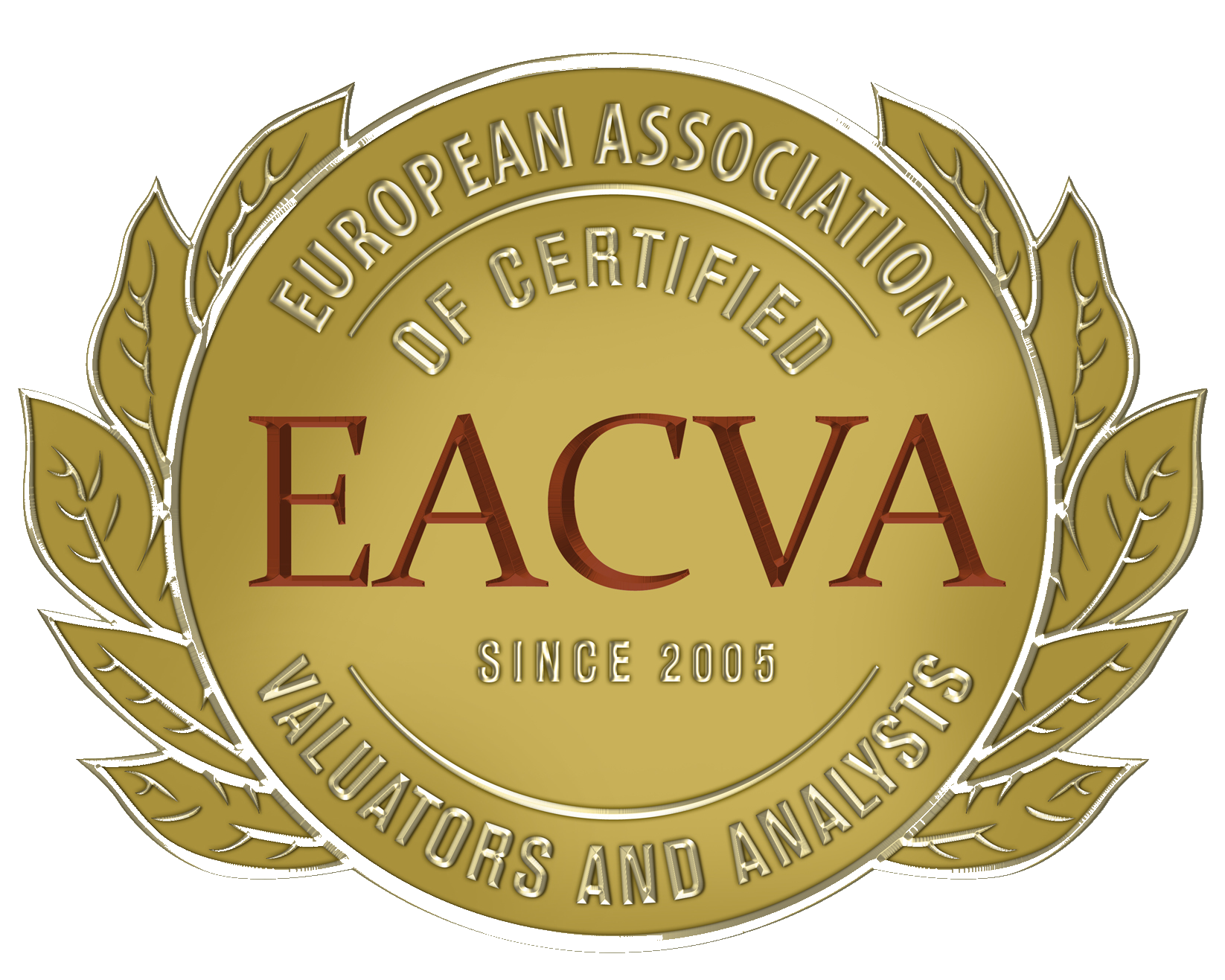Introducing the Principle of Corporate Voluntary Agreement (CVA).
Introducing the Principle of Corporate Voluntary Agreement (CVA).
Blog Article
Checking Out the Influence of Business Volunteer Agreements on Firm Financial Resources and Workflow
In the world of company governance, voluntary arrangements have actually arised as a mechanism for firms to navigate intricate regulatory landscapes while showing commitment to social duty. These agreements, often participated in willingly by organizations, carry implications that expand past plain compliance. By exploring how such contracts impact not only the economic elements however likewise the operational characteristics of organizations, a nuanced understanding can be gotten. As we dig right into the elaborate interaction in between company volunteer agreements and company funds and procedures, a mosaic of difficulties, benefits, and transformative potential arises, painting an engaging photo of the progressing company landscape.
Financial Implications of Company Voluntary Arrangements
The monetary ramifications of company voluntary agreements play an important duty in shaping the monetary landscape of organizations. They typically commit to certain activities or targets that can have direct monetary implications when business involve in voluntary contracts. These arrangements may include financial investments in sustainability initiatives or innovation upgrades to satisfy ecological standards. While these investments can initially sustain costs, they may cause long-term savings with enhanced performance or access to new markets.

In addition, the financial effects of business voluntary arrangements extend past direct costs and motivations. They can influence accessibility to funding, insurance premiums, and general market competitiveness. Companies that show a commitment to sustainability with voluntary contracts might gain from reduced loaning costs or raised capitalist confidence, eventually forming their monetary wellness and sustainability.
Operational Adjustments Resulting From Arrangements
As business devote to business volunteer contracts and browse the associated monetary effects, they are prompted to make operational modifications that straighten with the agreed-upon targets and actions. These operational adjustments typically entail restructuring internal processes, investing in brand-new technologies, enhancing sustainability methods, and boosting total effectiveness. For instance, a business that has pledged to decrease its carbon footprint may need to apply energy-saving steps, change to renewable resource resources, or maximize transportation logistics to fulfill the collection emission reduction goals.
Operational changes resulting from business voluntary agreements can also consist of boosting openness and accountability in supply chains, enhancing product traceability, and guaranteeing compliance with sector requirements and guidelines. Firms may need to change their procurement methods, collaborate much more carefully with providers to support agreed-upon practices, or introduce brand-new training programs to enlighten staff members on the value of meeting the set targets. corporate voluntary agreement. Eventually, these operational modifications are vital for business to demonstrate their dedication to the contracts they have actually willingly become part of and to drive article source significant development in the direction of their sustainability and social obligation objectives
Difficulties in Applying Volunteer Contracts
Navigating the execution of company voluntary arrangements presents firms with a myriad of challenges that need tactical preparation and aggressive solutions. One substantial difficulty hinges on straightening the voluntary agreements with the business's existing methods and plans. This procedure often necessitates a complete evaluation of current procedures to identify locations that may require change to conform with the terms of the arrangement. Furthermore, safeguarding buy-in from all stakeholders, both inside and externally, can prove to be an intricate task. Resistance to transform, lack of awareness regarding the benefits of the arrangement, or contrasting concerns within the company can hinder successful application.
Firms must establish clear metrics and reporting mechanisms to show conformity and showcase the positive outcomes resulting from the agreements. Effective communication, continuous assessment, and routine review are crucial to conquering these obstacles and understanding the full possibility of business voluntary contracts.
Benefits of Following Volunteer Agreements
Efficiently Discover More sticking to voluntary agreements can lead to boosted business online reputation and stakeholder trust. By committing to these contracts, companies showcase their dedication to social responsibility and sustainability, which can attract socially aware customers and investors. This commitment can additionally lead to improved partnerships with regulatory bodies and federal government agencies, possibly minimizing the possibility of pricey penalties or lawful disagreements.
In addition, adhering to voluntary contracts commonly fosters development within firms. As organizations work in the direction of fulfilling the objectives established out in these contracts, they are incentivized to create and execute brand-new modern technologies, procedures, and approaches that can improve effectiveness, minimize waste, and reduced costs. This concentrate on advancement can inevitably improve a business's competitiveness on the market and position it as a leader in its sector.
Furthermore, adherence to volunteer contracts can assist business construct stronger connections with their staff members. what is a cva in business. Showing a dedication to moral practices and sustainability can increase staff member spirits and interaction, leading to boosted efficiency and retention rates. On the whole, the benefits of sticking to volunteer arrangements prolong beyond plain conformity, providing firms a pathway to long-lasting success and favorable societal impact
Monitoring and Analysis of Contract Compliance
Building upon the foundation of benefits obtained from adhering to voluntary contracts, an important facet that demands focus is the organized monitoring and examination of agreement conformity within business. Surveillance and analysis procedures are vital to make certain that firms are meeting the regards to the arrangements they have voluntarily dedicated to. By executing robust tracking devices, firms can track their development, identify locations of non-compliance, and take restorative actions quickly. If required., regular evaluations assist in examining the performance of the arrangement in achieving its designated objectives and permit for modifications to be made.

Conclusion
In verdict, business volunteer agreements have substantial monetary ramifications and can lead to operational adjustments within a business. In general, volunteer contracts play an essential duty in forming company behavior and driving positive adjustment in the company market.
As we delve into the elaborate interplay between company volunteer contracts and firm funds and procedures, a mosaic of challenges, advantages, and transformative prospective arises, painting an engaging photo of the progressing corporate landscape.
In addition, company volunteer contracts could involve monetary incentives or charges based on the company's performance in meeting agreed-upon targets.As firms dedicate to business voluntary arrangements and browse the associated economic effects, they are prompted to make operational modifications that line up with the agreed-upon targets and actions.Building upon the structure of advantages acquired from sticking to voluntary agreements, an important aspect that demands attention is the methodical monitoring and assessment of agreement conformity within firms.In verdict, corporate voluntary contracts have substantial monetary ramifications and can lead to functional adjustments within a firm.
Report this page